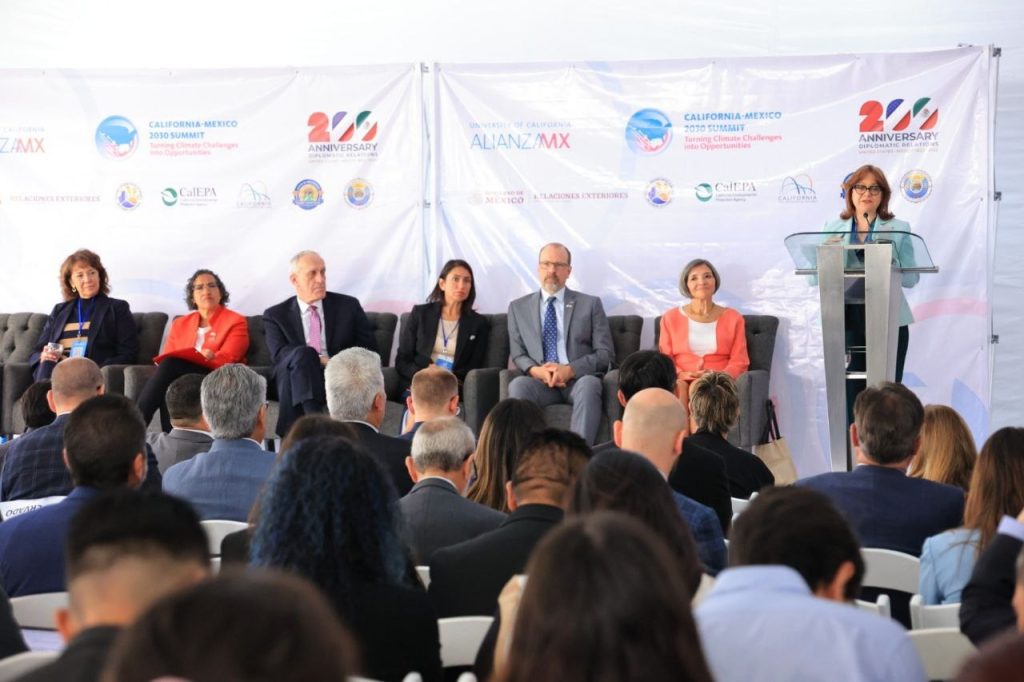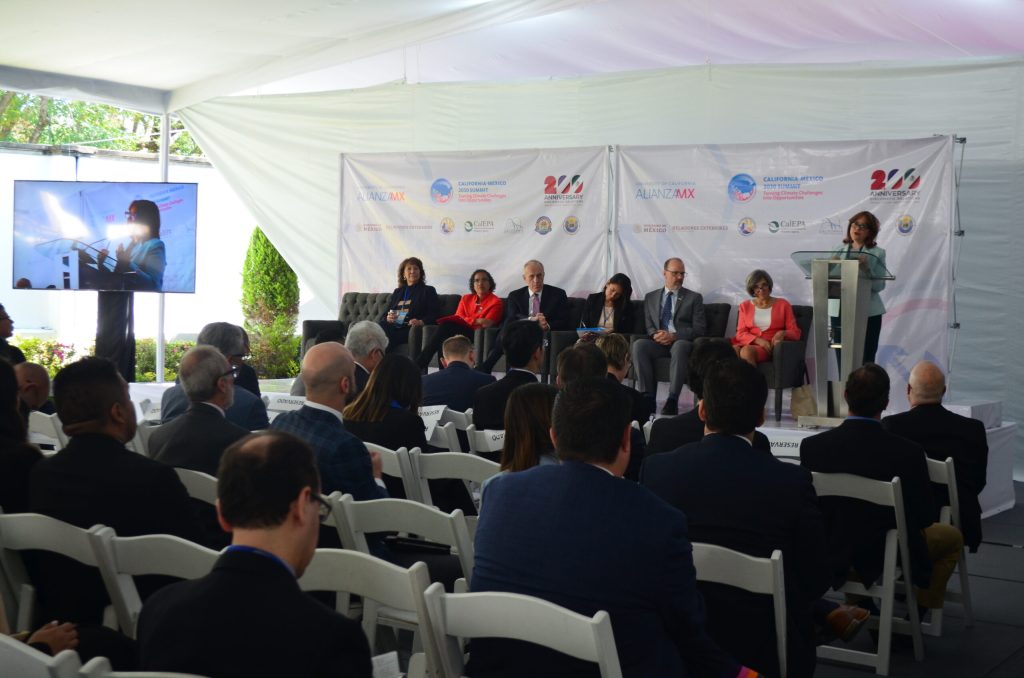
Mexico and the United States Reaffirm Electric Mobility Commitment

The goal of forming a strong alliance to reduce dependence on Asia and Europe for electric vehicle components has linked Mexico and the United States in a crusade for electromobility.
Earlier this year, the North American Leaders Summit (NALS) was held with the participation of U.S. President Joe Biden, Canadian Prime Minister Justin Trudeau and Mexican President Andrés Manuel López Obrador.
During the meeting, the three countries agreed to create stronger regional supply chains and will promote targeted investments in key industries of the future, such as semiconductors and batteries for electric vehicles, which will be vital to advance the development and infrastructure of electric vehicle technology.

Read also: Enel X Way Installs First Chargers for Financial Sector at BBVA Peru
Strengthening Ties
A few days ago, the California Mexico 2030 Summit was held, where Mexican and U.S. authorities reinforced binational collaboration in the electrification of transportation and the transition to electromobility.
Martha Delgado, Undersecretary for Multilateral Affairs and Human Rights of the Ministry of Foreign Affairs (SRE), emphasized that the electrification of transportation is a global trend and, in this context, recalled that Mexico is the seventh largest producer of vehicles, although it is from the traditional internal combustion industry, which is why it is lagging behind in technology.
For this reason, he called to work together with the private sector and continue collaborating with the United States and, in particular with the University of California, to move towards electromobility.
The director of the MX Alliance of the University of California, Isabel Studer, pointed out that the world is currently in a stage of technological disruption and the electrification of transportation is an inevitable reality.
In this sense, she emphasized that the transition towards electromobility must be promoted from a climate justice perspective, since Mexico is the fourth largest exporter of vehicles worldwide.
The authorities of both countries agree that the process must be consolidated for two reasons: because the technology is ready and because it does not contradict any of the other tools for combating climate change.
They emphasized that the construction of the Tesla plant was just an announcement, but there is already real production in Mexico, to the extent that today 4 million vehicles are produced in the country every year.
The Vice President for Research and Innovation of the University of California, Theresa Maldonado stressed the importance of the alliance with Mexico, as she said that both countries must work together and break the bureaucracy so that the teams can succeed and also teach students how to do that.
Liane Randolph, President of the California Air Resources Commission (CARB), said that the agency she represents has already collaborated for many years with Mexico and this transportation electrification project aims to monitor and address air pollution and climate impact to improve air quality.





